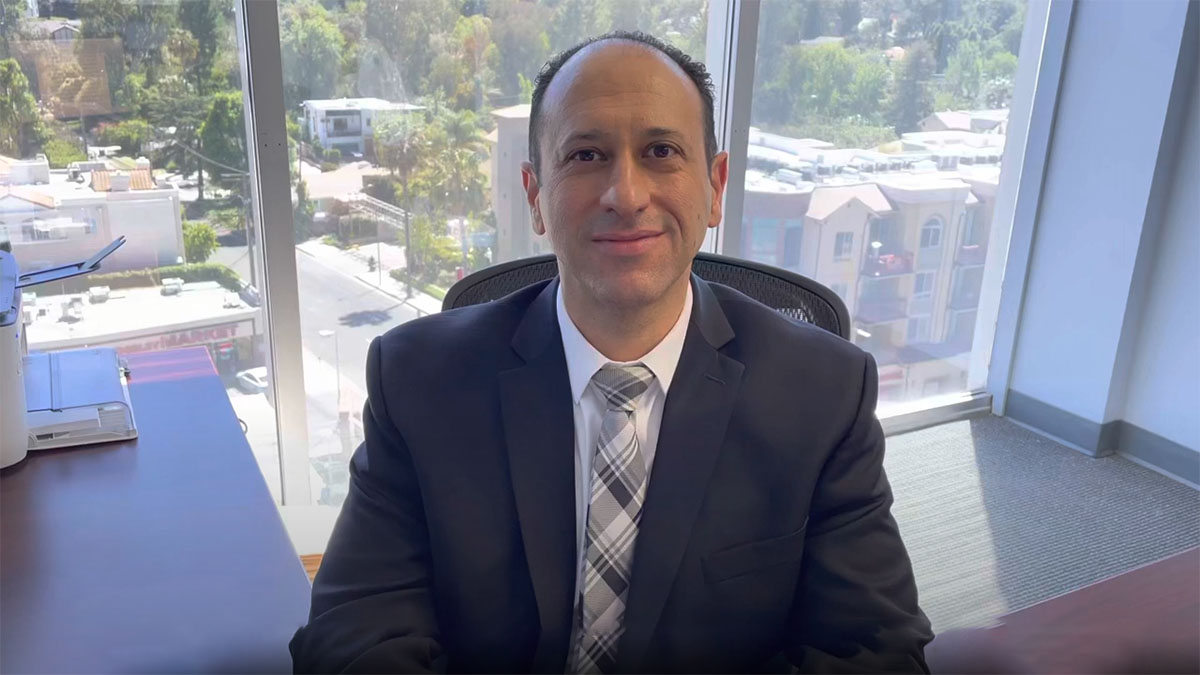One thing that most people do not know about lawyers is that, like doctors, they have their own areas of specialization. It is true that all lawyers take the same classes in law school and the same bar exam but usually the similarities end there. So, while your uncle’s real estate attorney may be a great person and highly recommended for zoning matters, this attorney will be completely out of their depth in a criminal case because the last time they thought about a criminal procedure was likely on the bar exam.
Of all of the areas of legal practice, personal injury has arguably the most options and is also probably the hardest to vet. It seems like there is not a TV commercial break during the news that does not feature an ad for a personal injury attorney and for good reason, as these cases are lucrative, and the defendants typically have deep pockets.
This excess of choices in the personal injury space coupled with the usually sudden onset of the need to find one makes it particularly challenging for people who have been injured to find a personal injury attorney who will actually be able to get them a meaningful resolution to their situation. However, it is not impossible, especially if you know the questions to ask and perform a bit of due diligence on the front end.
Does the personal injury attorney have referrals?
It is not unlikely that at least one of your friends or relatives has found themselves in need of a PI attorney and they can help you cut through the noise and advertising buzz. However, it is important to also consider who other lawyers would recommend as other lawyers are a particularly fertile source of recommendations since they understand the criteria that should be used in evaluating an attorney in the first place. A good place to start is Super Lawyers which recognizes no more than five percent of attorneys in California, and which is solely based on peer reviews, nominations, and independent research. A related question to ask of a prospective attorney is how many referrals they get from other lawyers. A sure sign of a qualified and competent attorney is that other attorneys send work their way.
Also ask your friends and relatives about the responsiveness of their attorney once the contract was signed and the honeymoon phase of courtship was over. You want your personal injury attorney to keep you updated on the status of your case through all phases and to answer your emails or phone calls in a timely manner.
What is the attorney’s fee arrangement?
Unlike most other areas of the law where clients are charged on an hourly basis regardless of the outcome, personal injury attorneys typically charge a contingency fee. In other words, they are charging a fee based on the recovery that they can secure for you rather than charging you an hourly rate. This may be presented as the attorney does not get a fee unless you win (which is typically the arrangement); however, it’s crucial to understand your lawyers’ contingency fees and other possible fees.
For example, it does not mean that you are not on the hook for something if you lose. “Fees” are separate and different from “expenses” and this is typically where the confusion and disappointment starts. The “fees” are the equivalent of the lawyer charging per hour for their time and expertise. The “expenses” are the mundane but routine third-party fees for moving the case along including fees for filing, medical records, experts, and the court reporter. Be sure to understand from the beginning with your personal injury attorney what is included on the expense side of the ledger and what you will be expected to pay even if you lose. Ask also about alternative options including deducting expenses from a potential pay out or capping expenses at a certain amount.
Does your attorney focus solely on personal injury?
Remember, any person who passes the bar can hang a sign on a shingle and take cases. However, personal injury law is a specialization just like tax or family law and you will want to find someone whose practice is mainly, if not completely, personal injury. Be certain to ask the attorney how many personal injury cases they have handled, including those that have gone to trial. Also inquire about how long they have been handling personal injury cases for plaintiffs – i.e. people who have been injured and are seeking recovery. Any qualified attorney can settle a personal injury claim. It takes a true professional to evaluate a claim, to decide if it is worth taking to trial, and to actually follow through. This is what separates the general practitioners from the competent and skilled personal injury attorneys, especially in Los Angeles and, more specially, Encino.
Do you prefer to settle out of court or go to trial?
It is also worth taking into account your own preferences in this area. Do you want to have a trial or do you want a quicker resolution without the theater of a judge and jury? Both are legitimate options but having a preference is always helpful to share with your attorney.
If you have followed this decision tree so far, your choices should be sufficiently narrowed to make an informed decision. However, remember that as much as you are interviewing the personal injury attorney, they are also evaluating you and your case. They are looking at the possible recovery amount, time needed to be spent on the case, its complexity, the logistics of lining up witnesses and experts, etc. Running through the aforementioned due diligence points will help you to fully understand what you are looking to get out of the process and will help you to determine if the personal injury attorneys you consider are right for you. Your decision can influence the difference between a mediocre recovery and a truly stellar one.

